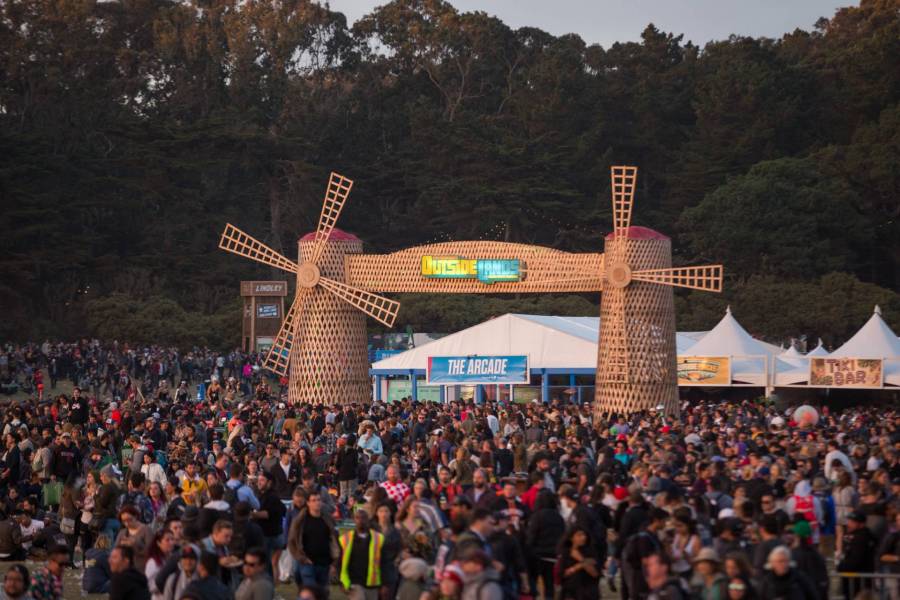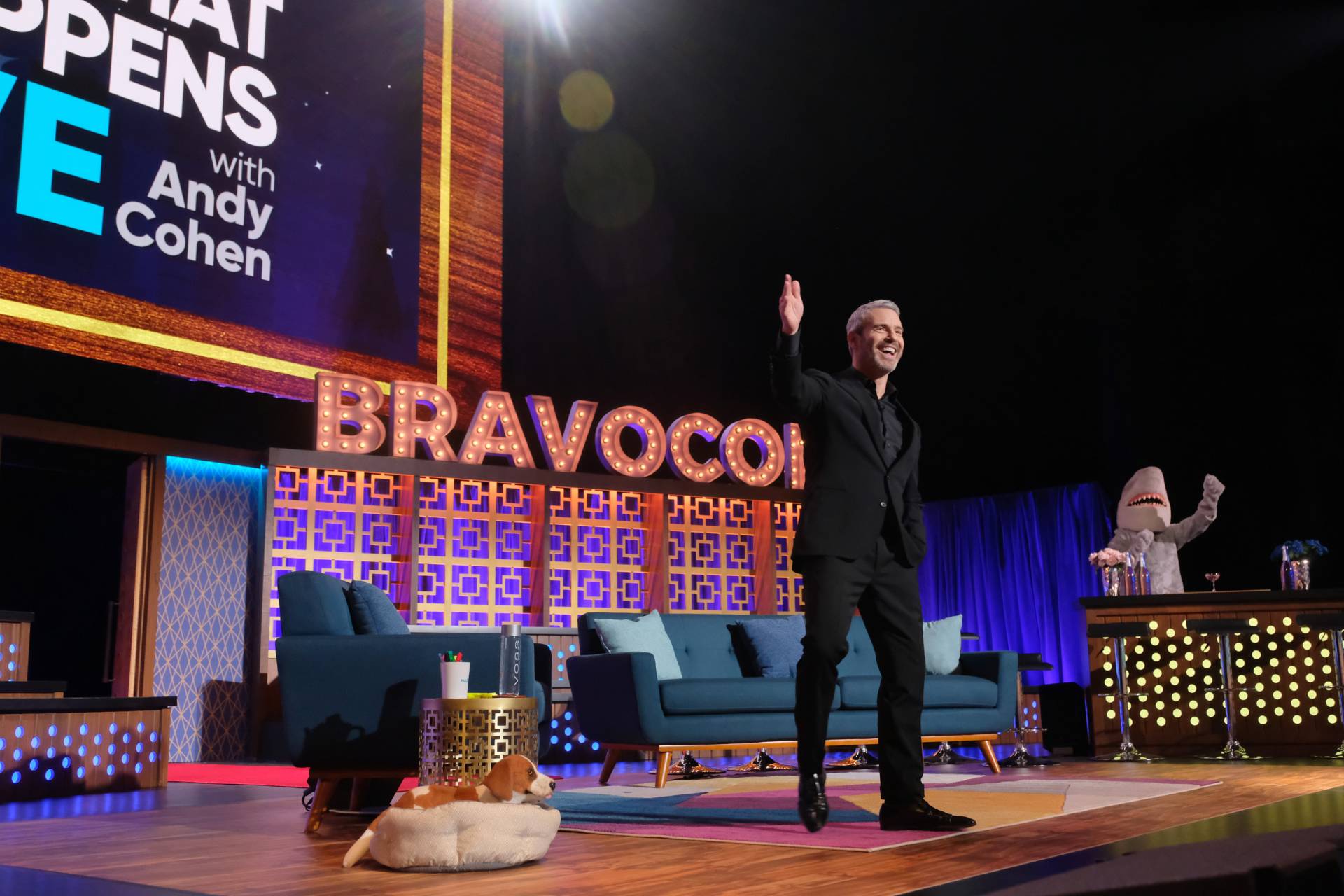The typical startup story begins with a couple founders in a garage ready to build the next greatest thing in technology. The Superfly story was a bit different. This story is about four founders who wanted to pursue something they loved rather than the finance, accounting, and administrative careers their degrees trained them for.
The early days
Back in 1995 Jonathan Mayers graduated from Tulane University in New Orleans and landed a job booking talent at a venue called Tipitina’s – a legendary New Orleans landmark for music. Shortly after, Jonathan was joined by Kerry Black and Rick Farman who were both still enrolled in University at the time. The trio ran the operation for Tipitina’s until they were ready for their next move.
Jonathan, Rick, and Kerry were then joined by Rich Goodstone, a high-school friend of Jonathan’s, to build their legacy – Superfly. They spent the next few years promoting and selling out shows at JazzFest, organizing events at Mardi Gras, and absorbing as much experience as they could in the industry.
Now, with some experience and credentials under their belts the four knew it was time for a Superfly owned and operated experience.
The Superfly festival experience
Music festivals are one of the most beautiful intersections of culture, technology, art, people, and so much more. Only if they are done correctly…
The Superfly model was simple. Build communities and tribes around shared passions. The first go-around was Bonnaroo in Manchester, Tennessee. The team managed to sell tens of thousands of tickets, backed up traffic for miles, and most importantly created a tribe on their first go-around. It was a huge success.
The next “a ha” moment came when the team realized they’d created the perfect engagement platform for brands. The biggest brands in the world also strive to build a tribe of loyal customers around their products and services. So partnering with brands on-site at their festivals or building out stand alone live experiences was a no-brainer.
Today, Superfly has expanded into building live experiences for a range of brands and entertainment properties and is always upping its creative game.
Connecting with the minds behind Superfly
I caught up with one of the co-founders of Superfly, Rich Goodstone, who talked to me about what the future of this exciting space holds for the company.
Q: What do you see as the future of shared experiences and what trends are you following?
Goodstone: We are really interested in the fandom around specific entertainment properties and how IRL experiences can enhance that relationship. This year we created a Friends 25th Anniversary experience, the first ever BravoCon. We were truly blown away by the sense of community fans share. It illustrates the power of experiences that are tailored to a specific community of fans. We think there will be major growth in this area in all formats of live experiences and will expand beyond entertainment brands. If the experience is special enough, fans will pay to attend.
Q: You started out as a music festival business and now that you are working more with brands. We also noticed you’ve recently invested in a sound/sensory experience company. Why is sound important?
Goodstone: Voice enabled tech is here and it’s how the next generation will interact with brands and go about their daily lives. Brands are grappling with their sound strategy beginning with how their brand identity translates to sound to what their voice should be. It’s also going to have a major impact on the world of experiences and we want to be on the forefront of that. We took a look at all of the companies in the sound space and Listen stood out to us as real pioneers in the space. We are bullish on the future of sound and with Listen now a part of our team we are offering brands new approaches across immersive experience, UX sound design, voice marketing/branding, audio effectiveness research, and podcasts.
Q: How will music and technology evolve in the near future?
Goodstone: The next frontier for music festivals is immersive digital experiences and we’ve recently partnered with Two Bit Circus on the west coast to explore ways to bring tech and music together. We hosted a series with them called Superbit, where a curated group of third party developers and creators came together to showcase, test, and get feedback on new projects. We invited the creative music-tech community to gather and experience new paradigms for fans to engage with music and for artists to share their stories. We’ll continue to explore this area of creativity and we can’t wait to see how it will shape the future of the music festival experience.
Q: What’s next for Superfly?
Goodstone: Our mission is to shape how the world plays and connects. As a part of realizing our mission, we are building Superfly to become a hub for creativity. We are actively looking for companies to invest in and partner to help us push the boundaries of what is possible through live experiences.
In 2020 we’ll continue to explore experiences of all types and formats. We’re exploring the area of sports, creative conferences and location based experiences. There will be opportunities for brands, especially TV/Movie properties, to build experiences that can stand alone as more permanent attractions. We had such success with the recent Friends Experience in New York and we’ve launched a second run in Boston that has also been very well received. As I mentioned before, it’s all about tapping into communities of fandom and giving them an experience tailored to them.
We’ll also continue to build Outside Lands as a premier music and food festival. This year we were the first major music festival to have legalized sale and consumption of cannabis on site and our experience called Grasslands was a huge success. We enjoy reimagining live experiences and the effects it can have on making this world a more joyful place.



















